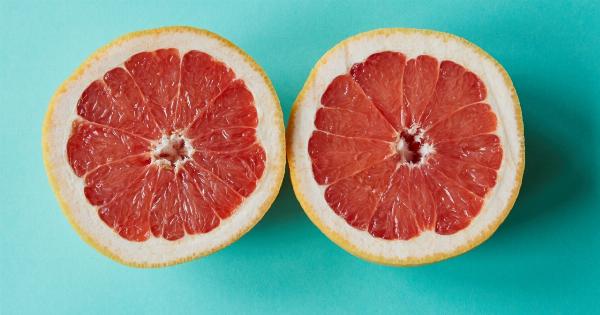Kidney stones, also known as renal calculi, are hard mineral and salt deposits that form in the kidneys. They are one of the most common disorders of the urinary tract.
Causes of Kidney Stones
Kidney stones can form when the concentration of certain substances in the urine becomes too high. The most common types of kidney stones are:.
- Calcium stones: These are the most common type of kidney stones, typically made up of calcium oxalate or calcium phosphate.
- Uric acid stones: When there is an excess of uric acid in the urine, uric acid stones can form.
- Struvite stones: These stones are formed as a result of urinary tract infections.
- Cystine stones: Rare genetic disorders can lead to the development of cystine stones.
Factors that increase the risk of developing kidney stones include:.
- Dehydration: Insufficient fluid intake can lead to concentrated urine, making it easier for stones to form.
- Diet: A diet high in sodium, sugar, and oxalate-rich foods (such as spinach, rhubarb, and chocolates) can contribute to stone formation.
- Obesity: Being overweight or obese increases the risk of kidney stones.
- Family history: A family history of kidney stones can make an individual more prone to developing them.
- Medical conditions: Certain medical conditions like urinary tract infections, kidney disease, and hyperparathyroidism can increase the risk.
Symptoms of Kidney Stones
Kidney stones do not always cause symptoms, especially if they are small and pass through the urinary tract without causing any blockage. However, when symptoms do occur, they may include:.
- Severe pain in the back or side, often radiating to the lower abdomen and groin
- Blood in the urine
- Frequent urination
- Persistent urge to urinate
- Painful urination
- Cloudy or foul-smelling urine
- Nausea and vomiting
- Fever and chills (in cases of infection)
Diagnosis of Kidney Stones
If kidney stones are suspected, various diagnostic tests can be conducted to confirm their presence and determine their size and location:.
- Medical history and physical examination: The doctor will inquire about symptoms and medical history and conduct a physical examination.
- Urinalysis: Analysis of a urine sample can help detect the presence of blood or substances that promote stone formation.
- Imaging tests: X-rays, CT scans, ultrasounds, or intravenous pyelograms (IVPs) may be performed to visualize the kidneys and urinary tract.
- Stone analysis: If a stone is passed in the urine or removed through surgery, it can be sent to a lab for analysis to determine its composition.
Treatments for Kidney Stones
The treatment of kidney stones depends on their size, location, and composition, as well as the severity of symptoms. Common treatment options include:.
- Hydration: Drinking plenty of fluids can help flush out the stones and prevent their formation.
- Pain medication: Over-the-counter or prescription pain relievers can alleviate the pain associated with kidney stones.
- Medical expulsive therapy: Medications can be prescribed to help small stones pass through the urinary tract more easily.
- Extracorporeal shockwave lithotripsy (ESWL): This non-invasive procedure uses shock waves to break larger stones into smaller pieces that can be passed naturally.
- Ureteroscopy: A thin tube with a camera is inserted into the urethra to locate and remove the stone or break it down using laser energy.
- Percutaneous nephrolithotomy: A small incision is made in the back to remove larger or more stubborn stones directly from the kidney.
Prevention of Kidney Stones
Although kidney stones can recur, certain lifestyle changes can reduce the risk of future stone formation:.
- Stay hydrated: It is essential to drink plenty of water and maintain a high fluid intake to dilute the urine.
- Follow a balanced diet: Limit sodium, sugar, and oxalate-rich foods while ensuring a diet rich in fruits, vegetables, and whole grains.
- Monitor calcium intake: Consult a healthcare professional to determine the appropriate amount of dietary calcium, as both inadequate and excessive intake can contribute to stone formation.
- Limit animal protein: Reduce the consumption of animal protein, as it can increase the level of uric acid in the urine.
- Manage weight: Maintain a healthy weight and strive to achieve a healthy body mass index (BMI).
- Consider medication: In some cases, medications might be prescribed to prevent the formation of specific types of kidney stones.
Conclusion
Kidney stones can be a painful and recurrent condition affecting the urinary tract.
Understanding the causes, symptoms, and treatment options can help individuals take proactive steps to prevent their formation and seek appropriate medical care when necessary. By adopting a healthy lifestyle, staying well-hydrated, and following a balanced diet, one can reduce the risk of developing kidney stones and maintain optimal urinary tract health.






























